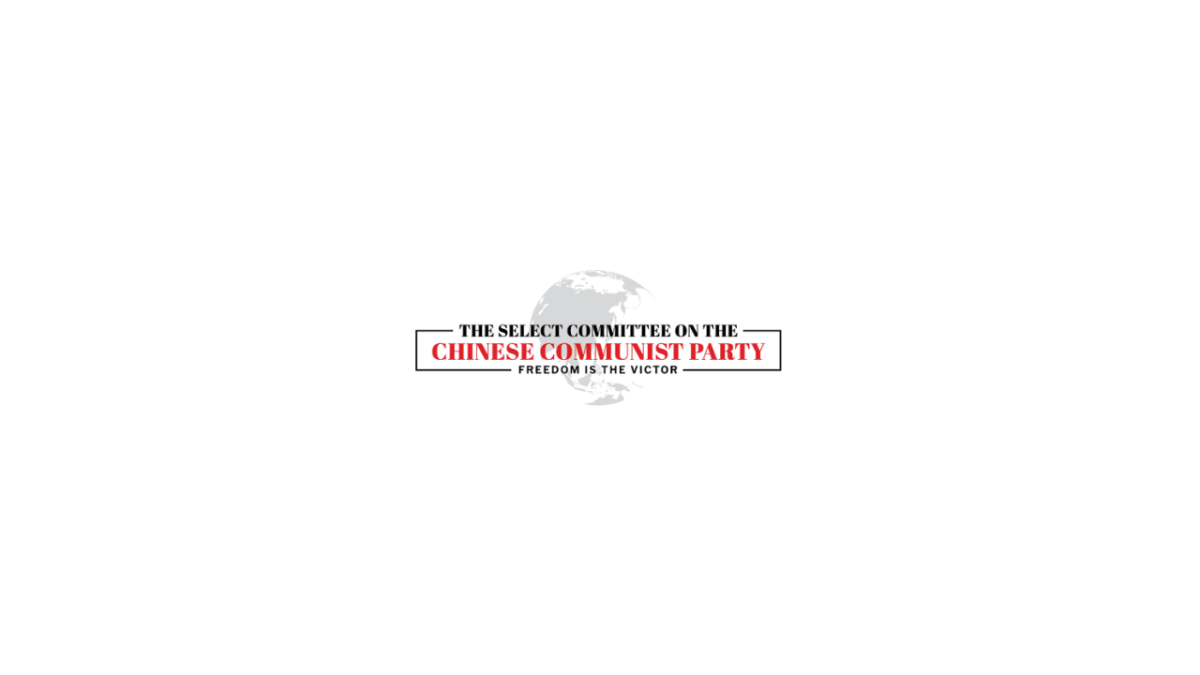The U.S. Must Win the AI Race—Moolenaar's Framework Puts America First

WASHINGTON, D.C. — Following this week’s critical hearing on AI competition with the Chinese Communist Party, Chairman Moolenaar (R-Mich.) sent a letter to the Department of Commerce outlining an innovative framework to unleash American AI development and prevent the People’s Republic of China (PRC) from co-opting the global AI ecosystem.
Chairman Moolenaar's America First AI Policy was first announced at the Special Competitive Studies Project AI + Expo earlier this month.
"It is not only China’s ability to build frontier AI that poses a threat—it is also who the Chinese are willing to share these immense capabilities with. Historically, the development of weapons of mass destruction—such as al-Qaeda’s anthrax lab or the Khan proliferation network—required rare combinations of technical expertise and radical intent," said Moolenaar in the letter. "But access to sufficiently capable AI systems may soon eliminate the need for highly trained experts. AI could enable non-state actors to generate step-by-step instructions for constructing bioweapons targeted at Americans. These risks are no longer hypothetical; they are present now and growing."
The letter provides an eight-part framework to keep America First in the AI race:
- Use AI Diplomacy to Secure Influence and Supply Chains by incentivizing high-income partners to invest dollar-for-dollar in U.S. infrastructure while lower income partners can help replace China in the AI supply chain.
- Require Location Verification for Advanced Chips by mandating city- or state-level reporting for advanced chips. If tampered with or diverted to the PRC, manufacturers must notify the Department of Commerce. This key feature of the framework was introduced in the bipartisan Chip Security Act.
- Secure U.S. Control Over Compute Infrastructure by ensuring that no more than 49% of U.S. advanced compute capacity is located overseas, and no more than 10% is hosted in countries that are not U.S. treaty allies.
- Base Agreements on Compute, Not Chip Count by framing agreements in terms of aggregate computational power instead of a chip cap per year.
- Prohibit PRC Access to U.S. Technology in AI Infrastructure by banning Chinese-origin semiconductors and equipment from advanced AI data centers and physical access by Chinese nationals or entities.
- Enforce Strict Security Standards at Overseas AI Data Centers by requiring robust cyber, physical, and personnel security—including tamper-evident cameras and monitoring of critical components.
- Keep Frontier Model Weights Under U.S. Jurisdiction by training all frontier models within the United States. These weights are the most sensitive—and weaponizable—component of AI systems.
- Require U.S. Strategic Alignment from Partners by ensuring that nations benefiting from American AI refuse to support PRC military agreements or basing.
The stakes are clear: the U.S. and China are in a new Cold War, and AI is the strategic technology at the center. By unleashing American innovators to develop and deploy advanced AI models, the U.S. can curb the CCP from using American tech to forward their techno-authoritarian ambitions.
Additional Background:
The letter comes as another piece in the Select Committee's series of proposals and messaging to crack down on the CCP’s theft of U.S. innovation and block American tech from powering Beijing’s AI war machine.
Earlier this week, the committee held "Authoritarians and Algorithms: Why U.S. AI Must Lead,” a hearing focused on the CCP's AI development, its applications in their research and military apparatus, and America's tech future.
During the hearing, the “No Adversarial AI Act”—bipartisan legislation prohibiting U.S. executive agencies from acquiring or using artificial intelligence developed by companies tied to foreign adversaries like the CCP—was also announced.
###